You are here
Back to topMelissa’s Produce: Leading US Distributor of Exotic Produce
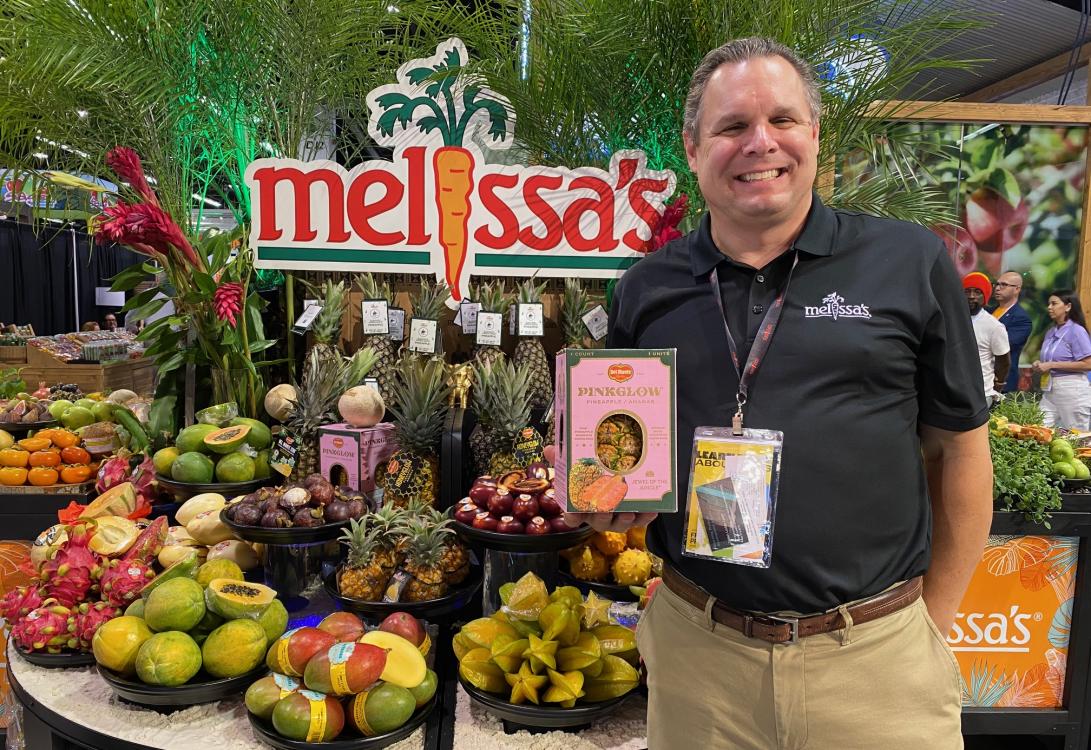
Last October saw the International Fresh Produce Association hold the 2023 edition of its Global Produce & Floral Show in Anaheim, California. At the event, which took place from Oct. 19 to 21, Produce Report had the opportunity to speak briefly with Robert Schueller and Michelle Grow, director of public relations and director of marketing, respectively, at Melissa’s Produce.
.jpg)
Based out of a 330,000-square-foot facility in Los Angeles, Melissa’s Produce is the largest distributor of specialty and exotic produce in the United States. Founded by Sharon and Joe Hernandez in 1984, the company is named after the couple’s daughter, who retains an active role within the company. Initially exclusive to Southern California, Melissa’s soon expanded and started selling to retailers and consumers across the country.
With over 1,000 exotic produce items on offer, many of the company’s products are the result of local sourcing and international partnerships. For example, Melissa’s Elefante Green Gold pineapples are green-skinned and white-fleshed pineapples native to West Africa and grown in Ghana in collaboration with Elefante Farms. Low in acidity with a juicy, honey-sweet taste, Green Gold pineapples are longer and thinner than Hawaiian pineapples and feature an edible core. Another exotic pineapple offered by Melissa’s is Pinkglow pineapples developed by Del Monte, which possess a unique “candy pineapple” flavor and are juicier and sweeter than traditional pineapples.
.jpg)
The company also sells crown melons, often referred to as the “Japanese King of Fruits.” These high-quality muskmelons are grown near the Japanese city of Hamamatsu using a unique “one tree, one fruit” method, where only a single fruit is left on each sapling. This leads to a sweeter and more nutritious melon and creates the fruit’s distinctive T-shaped stem. Another melon variety, Melissa’s Waterloupe, combines the texture of a watermelon with the appearance and flavor of a cantaloupe for an overall juicier and sweeter eating experience.
.jpg)
Recently, Melissa’s has also expanded its mango selection to include tree-ripened Kent mangos, which are flown in from Peru and arrive in stores ready to eat. Protected inside a dark, woven sock-like container, consumers are attracted by not only the sweet and juicy ripeness of these mangos but also their unique appearance compared with other varieties. Furthermore, for Lunar New Year, Melissa’s offered U.S.-grown Buddha’s hand, a citron variety shaped like a hand with many fingers. Considered by some a symbol of happiness, longevity and good fortune, this fruit can be zested like a lemon, made into a marmalade or left on the counter to freshen up a room.

According to Schueller, the company has started placing nutritional labels on all of its fresh produce offerings, even those items for which such labeling is voluntary. As to the reason, “because the consumer asked for it,” said Schueller, adding that Melissa’s believes it is useful for consumers to know exactly what they are eating, including which fruits and vegetables are high in nutrients such as vitamins. As people with underlying conditions such as diabetes need to measure their daily food intake and regulate their consumption of natural sugars and carbohydrates, “supplying this information, even on fresh produce, is an extra value add Melissa’s provides the consumer.”
Schueller also noted that if not visible on packaging, the Melissa’s website has up-to-date nutritional information for each and every type of produce the company carries.
Images: © 2024 Produce Report



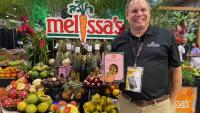

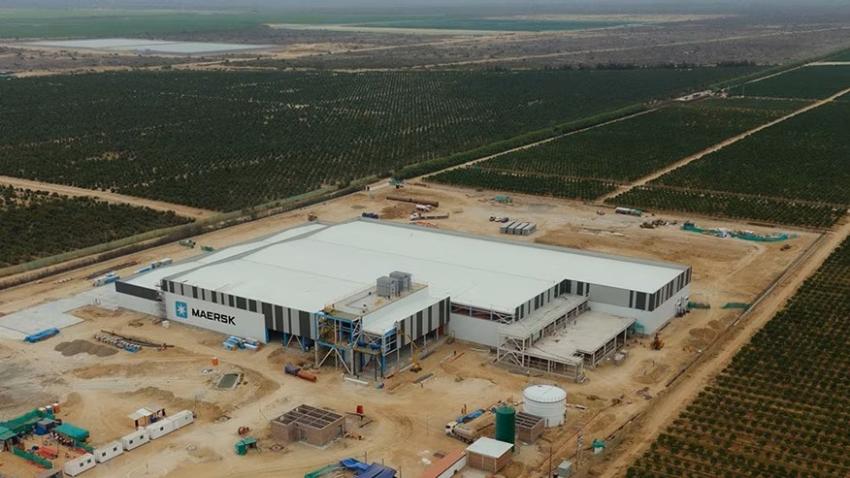
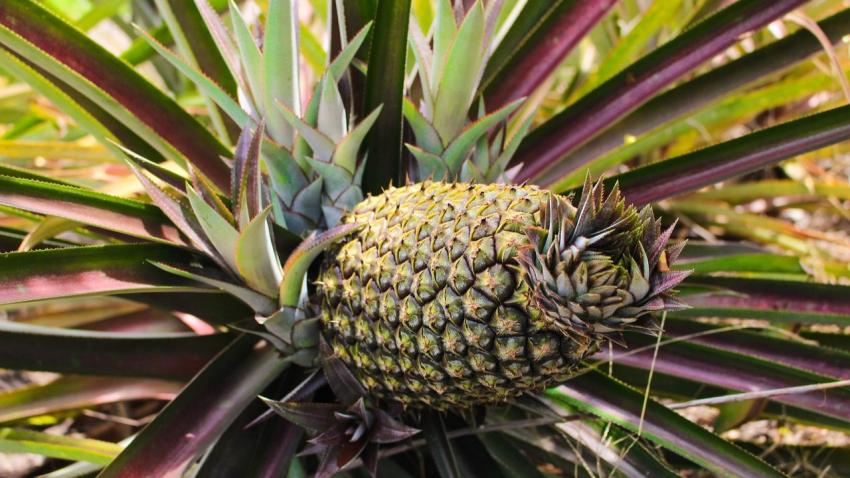
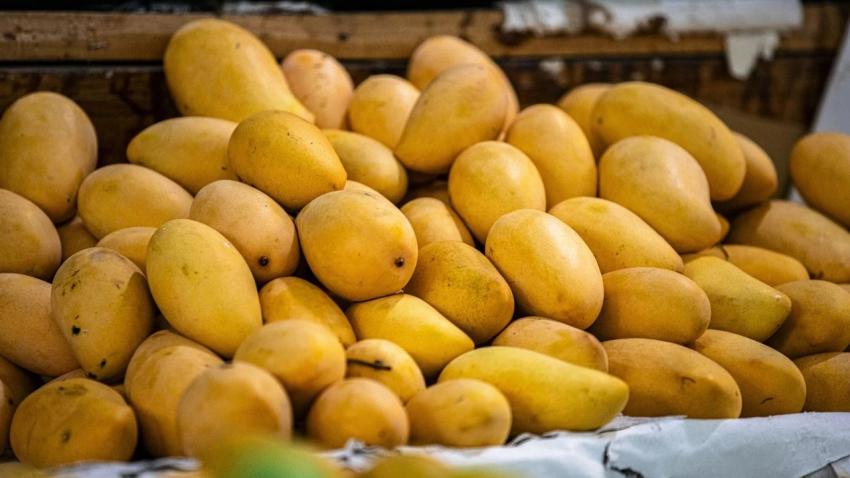







Add new comment